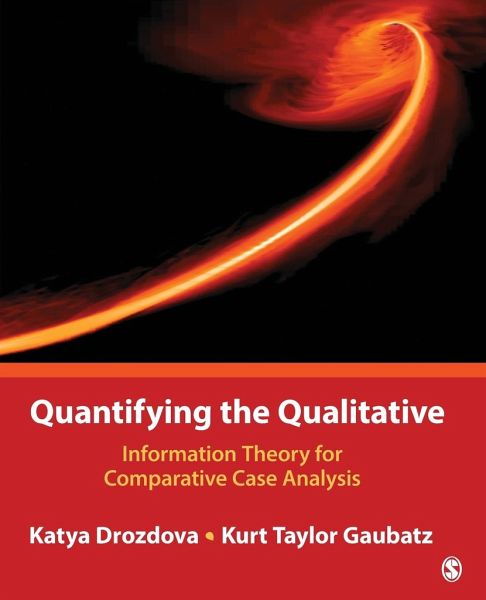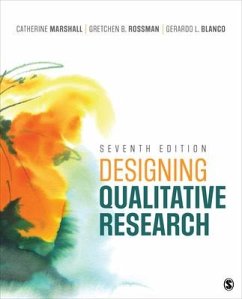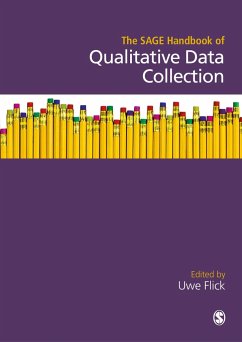
Quantifying the Qualitative
Information Theory for Comparative Case Analysis
Versandkostenfrei!
Versandfertig in 1-2 Wochen
94,99 €
inkl. MwSt.

PAYBACK Punkte
47 °P sammeln!
Quantifying the Qualitative by Katya Drozdova and Kurt Taylor Gaubatz presents a systematic approach to comparative case analysis based on insights from information theory. This new method, which requires minimal quantitative skills, helps students, policymakers, professionals, and scholars learn more from comparative cases. The approach avoids the limitations of traditional statistics in the small-n context and allows analysts to systematically assess and compare the impact of a set of factors on case outcomes with easy-to-use analytics. Rigorous tools reduce bias, improve the knowledge gaine...
Quantifying the Qualitative by Katya Drozdova and Kurt Taylor Gaubatz presents a systematic approach to comparative case analysis based on insights from information theory. This new method, which requires minimal quantitative skills, helps students, policymakers, professionals, and scholars learn more from comparative cases. The approach avoids the limitations of traditional statistics in the small-n context and allows analysts to systematically assess and compare the impact of a set of factors on case outcomes with easy-to-use analytics. Rigorous tools reduce bias, improve the knowledge gained from case studies, and provide straightforward metrics for effectively communicating results to a range of readers and leaders.














